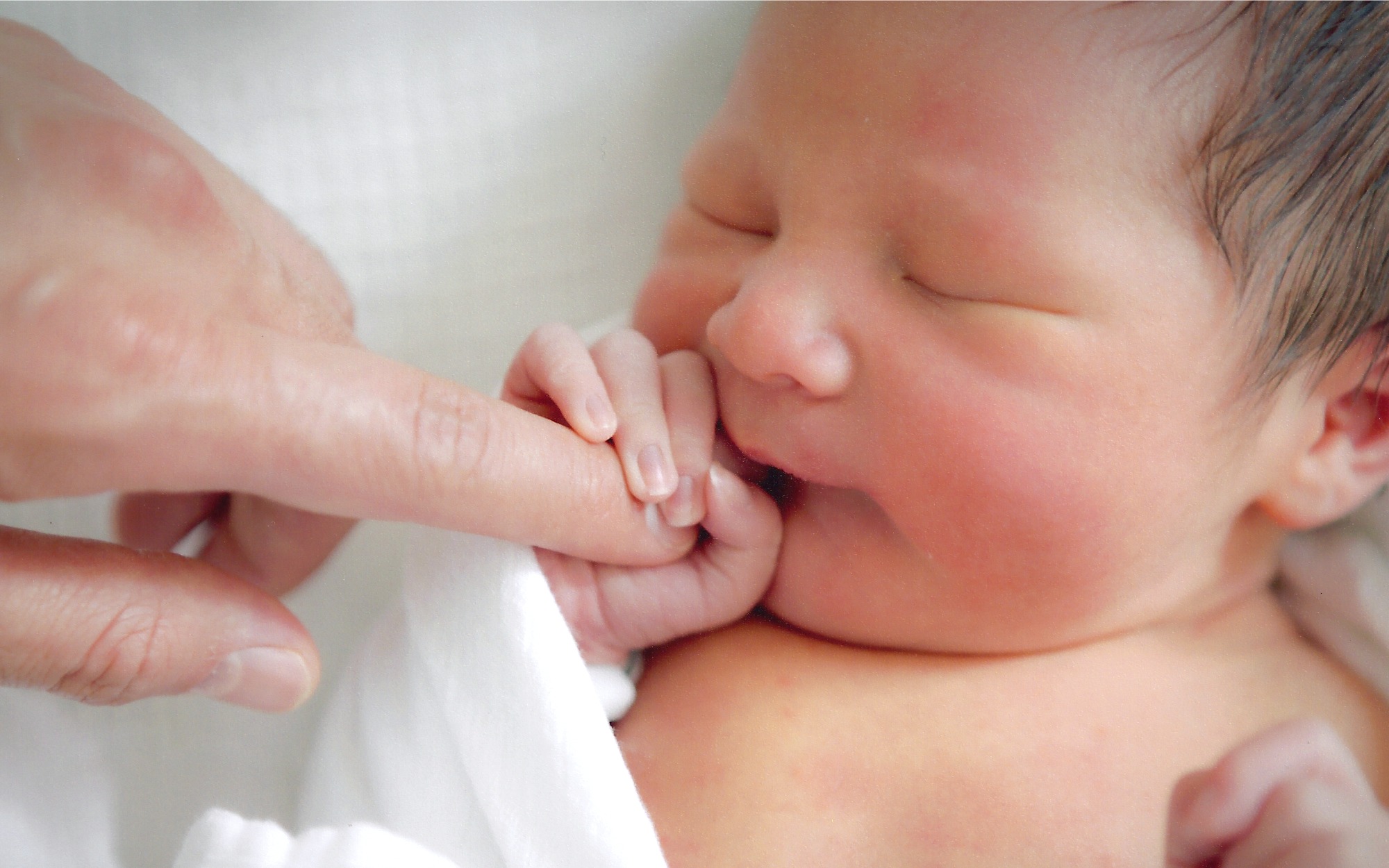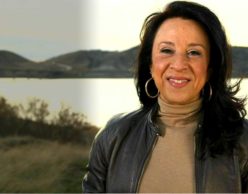A Name Is Just A Name Until It Is Everything

Names carry both the weight of history and the promise of the future. For Mash-Ups, names also bear the weight of the culture we came from and the new traditions we are making. Here’s co-founder Amy on how she named her son, the Korean-Colombian-Mexican-American Mash-Up Mascot Alejandro Jaesun Bermeo.
My birth certificate from Skokie Valley Hospital in Skokie, Ill., reads Amy Sunjoo Choi, but in Korea it would be Choi Sunjoo, or really Chae Sunjoo, if you wanted to try an English transliteration of the proper Korean pronunciation of “Choi.” Or maybe that would be Jae Sunjoo, because in Korea, the “j” sound is really very similar to the “ch” sound?
Anyways. I wasn’t super fond of my name growing up, because I always wanted a long glamorous name, like Cassandra or Alexandra, or even Amelia. But Amy Sunjoo Choi perfectly reflects my family’s immigrant experience. Jimmy Carter had been president for three years when I was born in 1979, and his young daughter, the smiling blonde Amy, was frolicking in the White House and all over television. My parents, who immigrated to the U.S. in 1973, were pretty taken by the First Family of their adopted home, and so named me, their first and only American-born daughter, Amy.
“Amy” was especially appealing because it is the easiest name in English to pronounce
“Amy” was especially appealing because it is the easiest name in English to pronounce. My dad was working as an engineer at Skil Corp. at the time, and my mom was a nurse at a local Chicago hospital, and neither could pronounce the names of their co-workers or patients. My mom, especially, was fed up with patients’ names that she could neither say nor spell. So Amy I am. Unlike many of my friends, I’ve never had a need for a coffee shop name.
My middle name, Sunjoo, is my Korean name. “Sun” is shared with my big sister, Sandra Sunah Choi Brigode. “Sun” is our generational name, which in traditional Korean culture is a shared syllable given to all children of the same generation in a family – typically only among siblings, but sometimes in the extended family as well. “Sunjoo,” my parents tell me, means beautiful and successful. I’ll take it.
Over the years I grew past liking or disliking my name and it became mine. As Marlo Stanfield put it, “My name is my name!” When I married my Colombian-Mexican-American Mash-Up husband, Gabriel Andres Bermeo (also the first in his family to be born in the U.S.), there was never any question that either of us would change our names. We didn’t.
Last year we had a kid, and even then there was no name dramz. We knew we wanted both a Spanish and a Korean name, and that our son would have Bermeo as his last name. Alejandro Jaesun Bermeo came into the world, and his name was immediately perfect, echoing “Chae” and sharing my “Sun” and having the best Colombian nickname ever: “Alejo.”
It’s only now, as we start to consider Kid #2, that I’m getting all weird about a name. We know K2 will, like Alejo, have a Spanish and a Korean name. We know K2 will share a generational name with Alejo, which is also inter-generational, since my sister and I also both share it. But what if we chose to give him or her a Korean first name, and Spanish middle name? Would that sound super weird with the Colombian last name Bermeo? I mean Alejandro Bermeo works because it has always worked and works all over the Spanish-speaking world. Jaesun Bermeo? Maybe a bit less so.
My core issue is this: Will our names divide our Mash-Up American family weirdly, like the Latino-named baby would belong to my husband, and the Korean-named baby would belong to me? Mind you, this never occurred to me when we were naming Alejandro. Not a single microscopic chip of cell matter in my being doesn’t know, in the most primal and elemental way, that he is my son. But as I think of naming a second child, it seems like somehow lines will be drawn in our family. Especially if we have a girl, and she has a Korean first name. Would she be mine, because she’s Korean and female? Would I lose Alejandro? I know I won’t lose him completely. But will I lose him a little? Will they know that I love them equally?
Luckily, we still have time. But it’s agonizing to think that I might somehow distance myself from the child I love so much by giving his younger sibling a name with a different cultural heritage — the one that I share.


![[Image Description: Photo of a child standing on a stage with a microphone in front of them and their hands clasped behind their back. They are standing beneath a spotlight with their back to the camera as they face the front of the stage. They have short, dark curly hair, and they are wearing a pale blue shirt, red shorts, and sneakers. The rest of the image is dark.] Photo Credit: June Street Productions](https://www.mashupamericans.com/wp-content/uploads/2021/02/SujataDay_022621_EDITED_1-248x194.jpg)


